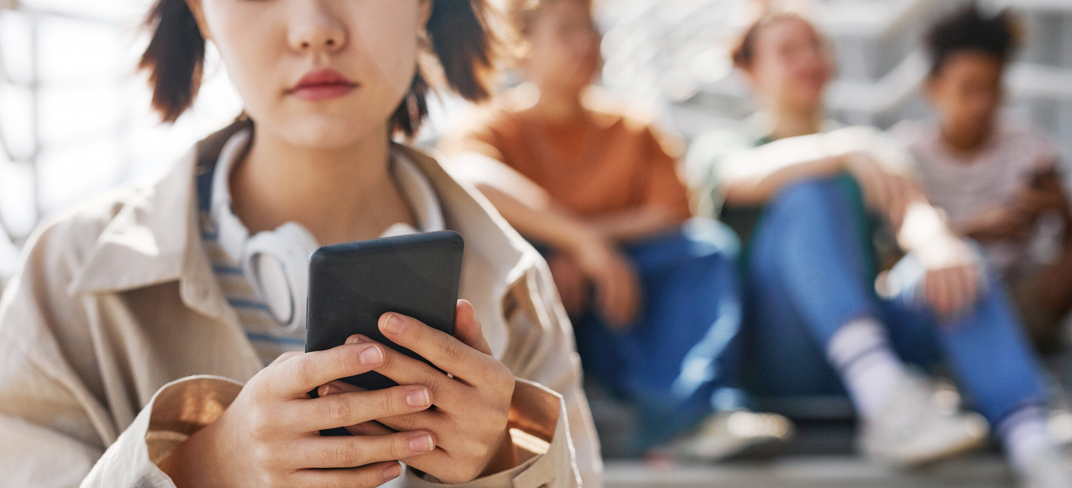What Is the Connection Between Social Media and Mental Health?

Today, we spend an average of almost two and a half hours a day on social media. These platforms allow us to stay connected, informed, entertained, look for jobs, or meet new people.
However, excessive use can affect mental health, increasing anxiety, stress, and depression, especially among young people.
Let’s explore how social media influences psychological well-being and how to use it in a healthy way.
The Impact of Social Media on Mental Health
Recent studies link the use of social media to various psycho-physical issues, including:
- Anxiety and depression.
- Eating disorders and body image issues.
- Attention disorders (ADHD).
- Obsessive-compulsive disorder (OCD).
- Social isolation and loneliness.
- Stress.
What are the factors that negatively affect mental health?
- Social comparison: Exposure to idealized lives can create insecurity and low self-esteem.
- Misinformation: False or misleading content increases anxiety and confusion.
- Isolation: Excessive use of social media reduces real-life interactions, fostering loneliness.
Who Is Most at Risk?
Children, adolescents, and young adults (18–35 years old) are the most exposed.
In Italy, according to ISTAT:
- Over 40% of children aged 6 to 10 use the web daily.
- Over 90% of teenagers aged 11 to 17 are online every day.
- More than 1 in 3 children aged 11 to 13 has a social media profile.
According to an article published in the Italian Journal of Pediatrics, prolonged use of digital devices (more than two hours a day) is associated with:
- Behavioral and learning difficulties
- Mood and eating disorders
- Language problems
- Overweight and obesity
It’s not just about how much time is spent online, but also how social media is used. Those who already suffer from depression or anxiety may see their condition worsen.
Social Media Addiction: What Is PSMU?
PSMU (Problematic Social Media Use) refers to compulsive and dysfunctional use of social media, with characteristics similar to addiction:
- Negative impact on studies, work, relationships, and mental health
- Constant thoughts about social media
- Loss of control over time spent online
- Symptoms of anxiety, depression, and stress
The neurobiological mechanisms of PSMU activate the brain’s reward circuit, making the abuse hard to control.
Tips for Healthy Use of Social Media
Even though social media is part of daily life, here are some strategies to reduce its negative impact.
Reduce Screen Time
Limit the hours spent online and make time for sports, friends, and offline activities.
Curate Your Feed
Follow only content that reflects your interests and values, avoiding overstimulation.
Set a Timer
Many smartphones allow you to block apps after a certain time. Some platforms offer usage limits.
Observe Your Emotions
Pause and reflect on how you feel while using social media. If you feel anxious, angry, or sad, reduce your online time.
Turn Off Notifications
Reduce the dopamine-triggering signals that lead to addiction.
Choose Who to Interact With
Avoid people who negatively influence you. Block or unfollow anyone who causes you stress.
Stay Off Social Media Before Bed
Blue light disrupts sleep. Avoid devices at least 2 hours before bedtime.
If you notice anxiety, isolation, or mood worsening due to social media, seek support from a specialist.
If you believe social media is affecting your mental health or you want professional support, book an appointment with one of the Psychology and Psychiatry specialists at UPMC Salvator Mundi International Hospital.